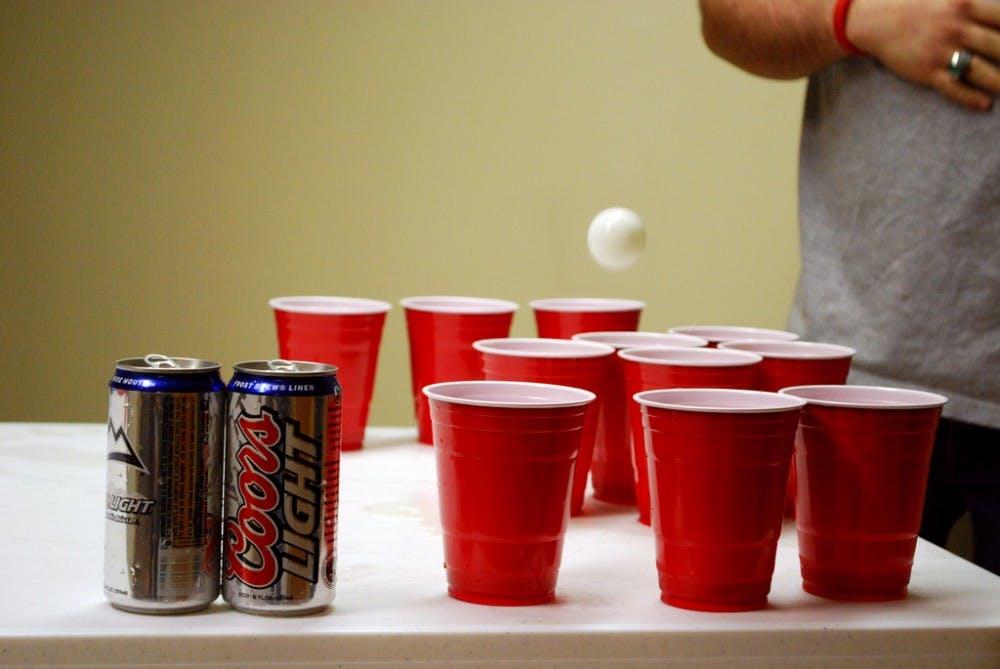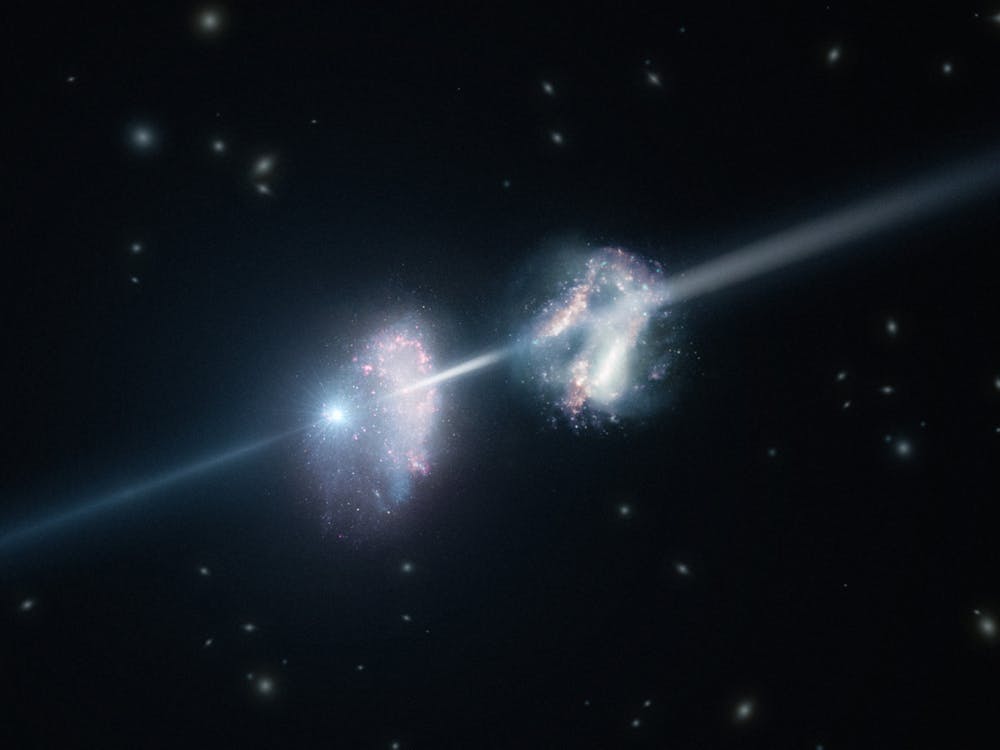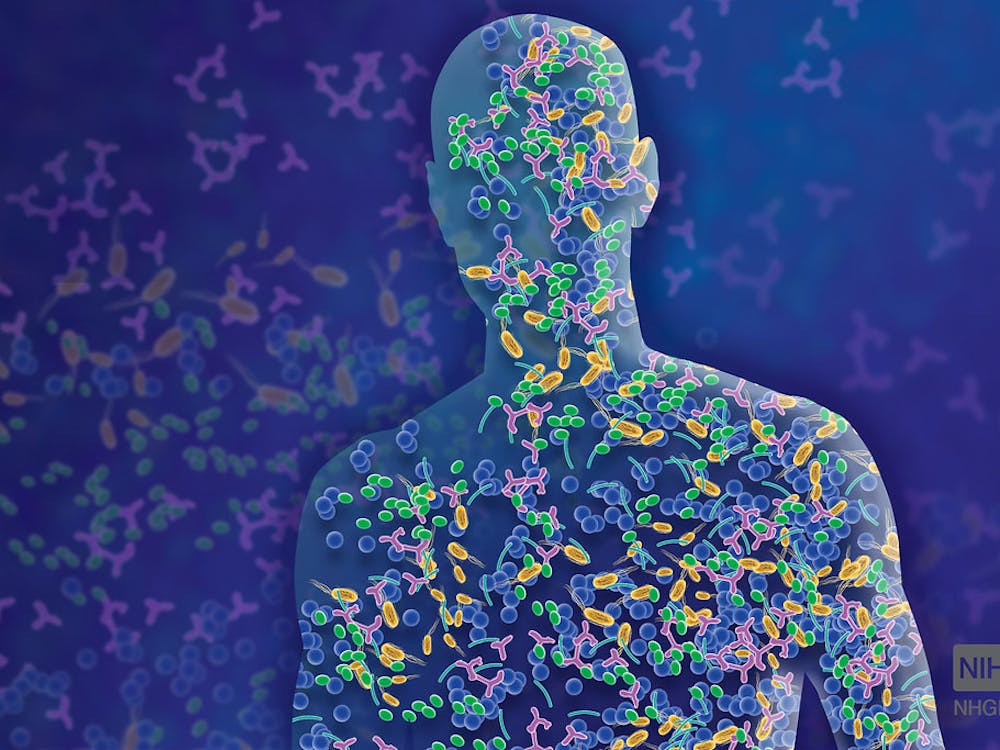While many may classify occasional binge drinking as a fun and harmless practice, researchers have beginning to discover otherwise. Recent studies of young college binge drinkers have shown that excessive drinking can have serious and permanent effects on the brain development and brain activity of young adults.
While many may assume that alcohol is a stimulant since it’s typically known to liven up the stereotypical college party, it is medically categorized as a depressant since it slows down vital functions and impairs overall judgment.
The effects aren’t usually apparent until the drinker has a large amount of alcohol, losing coordination and control over what they do.
But what exactly is considered binge drinking? According to the National Institute on Alcohol Abuse and Alcoholism (NIAAA), binge drinking is a pattern of drinking that brings blood alcohol concentration (BAC) levels to 0.08 g/dL.
A man would typically reach this concentration after having five drinks in two hours, while a typical woman would only have to have four drinks in two hours.
This amount of drinking may not even be considered “heavy” to some young drinkers, so the effects it can have on brain development and function could be a surprise.
In recent years a study conducted by researchers at the University of California, San Diego compared brain scans of teens who do drink with those who don’t drink, finding major differences between the two.
The scans of the binge drinkers showed clear nerve tissue damage, and these results were consistent with further testing. The female binge drinkers did considerably worse than female non-drinkers on tests of spatial functioning, while the male binge drinkers were shown to have shorter attention spans.
Susan Tapert, the director of this study, gives a simple explanation for the noticeable differences between young binge drinkers and young people who do not binge drink.
“The adolescent brain is still undergoing several maturational processes that render it more vulnerable to some of the effects of substances,” Tapert said, according to ScienceDaily.
According to Tapert, the most surprising part of this study was not the significant difference between the two groups but how a small amount of alcohol could cause this significant difference. Most of the subjects who were classified as binge drinkers only drank heavily once or twice a month.
Even more recently, another study conducted by Eduardo López-Caneda from the University of Minho in Portugal again compared the brain activity of bingeing versus non-bingeing college students.
The students who were classified as binge drinkers had binge drank at least once in the past month, while the students in the other group had claimed to have never binge drank before.
Significant differences were shown between the two groups. After using electrodes to see the brain activity of the students in the two groups, it was evident that the binge drinkers had different brain patterns when at rest than the non-binge drinkers.
The binge drinkers’ measurements of specific electrophysiological parameters in the right temporal lobe and bilateral occipital cortex were significantly higher than they were for those who did not binge drink.
This is a pattern of activity usually seen in alcoholics, even though the binge drinking students do not drink nearly enough to be considered alcoholics.
Although researchers still believe that more studies are needed to confirm that alcohol is the cause of this altered brain activity, these results have led many to believe that this is likely the case.
Current research seems to show that a relatively small amount of alcohol affects the brain function of teens and young adults more significantly than if they consumed the same amount later in life.























Please note All comments are eligible for publication in The News-Letter.